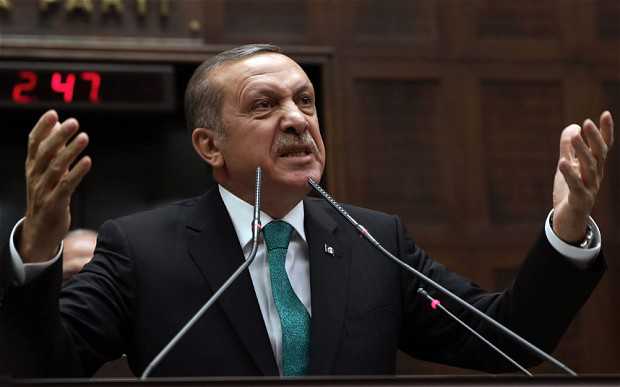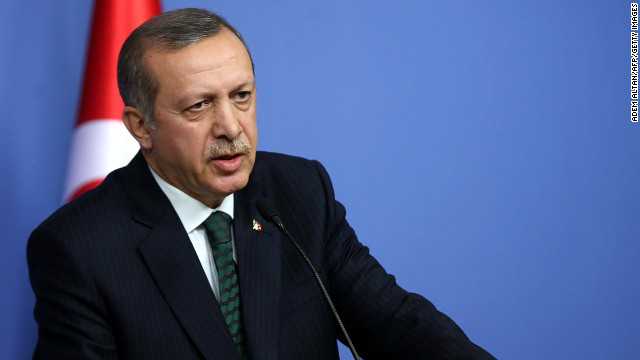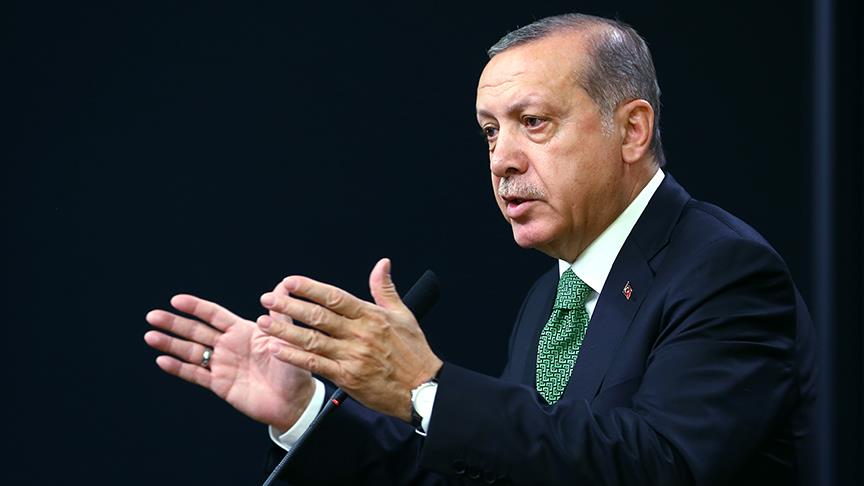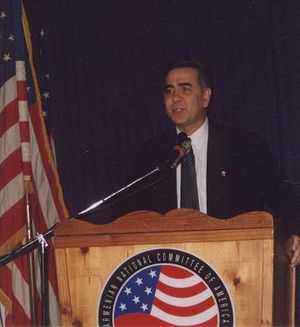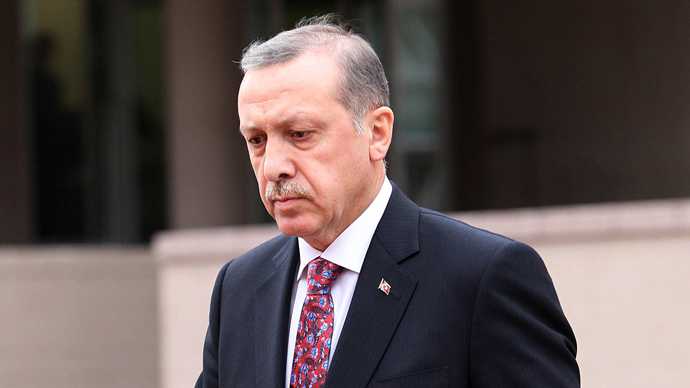Genocide forgotten:
A new trade deal is set to gloss over the
murder of 1.5 million people
By Robert Fisk
www.independent.co.uk
In the autumn of 1915, an Austrian engineer called Litzmayer, who was helping build the Constantinople-Baghdad railway, saw what he thought was a large Turkish army heading for Mesopotamia. But as the crowd came closer, he realised it was a huge caravan of women, moving forward under the supervision of soldiers.
The 40,000 or so women were all Armenians, separated from their men – most of whom had already had their throats cut by Turkish gendarmerie – and deported on a genocidal death march during which up to 1.5 million Armenians died.
Subjected to constant rape and beatings, some had already swallowed poison on their way from their homes in Erzerum, Serena, Sivas, Bitlis and other cities in Turkish western Armenia. “Some of them,” Bishop Grigoris Balakian, one of Litzmayer’s contemporaries, recorded, “had been driven to such a state that they were mere skeletons enveloped in rags, with skin that had turned leathery, burned from the sun, cold, and wind. Many pregnant women, having become numb, had left their newborns on the side of the road as a protest against mankind and God.” Every year, new evidence emerges about this mass ethnic cleansing, the first holocaust of the last century; and every year, Turkey denies that it ever committed genocide. Yet on Saturday – to the horror of millions of descendants of Armenian survivors – the President of Armenia, Serg Sarkissian, plans to agree to a protocol with Turkey to re-open diplomatic relations, which should allow for new trade concessions and oil interests. And he proposes to do this without honouring his most important promise to Armenians abroad – to demand that Turkey admit it carried out the Armenian genocide in 1915.
In Beirut yesterday, outside Mr Sarkissian’s hotel, thousands of Armenians protested against this trade-for-denial treaty. “We will not forget,” their banners read. “Armenian history is not for sale.” They called the President a traitor. “Why should our million and a half martyrs be put up for sale?” one of them asked. “And what about our Armenian lands in Turkey, the homes our grandparents left behind? Sarkissian is selling them too.”
The sad truth is that the 5.7 million Armenian diaspora, scattered across Russia, the US, France, Lebanon and many other countries, are the descendants of the western Armenians who bore the brunt of Turkish Ottoman brutality in 1915.
Tiny, landlocked, modern-day Armenia – its population a mere 3.2 million, living in what was once called eastern Armenia – is poor, flaunts a dubious version of democracy and is deeply corrupt. It relies on remittances from its wealthier cousins overseas; hence Mr Sarkissian’s hopeless mission to New York, Los Angeles, Paris, Beirut and Rostov-on-Don to persuade them to support the treaty, to be signed by the Armenian and Turkish Foreign Ministers in Switzerland.
The Turks have also been trumpeting a possible settlement to the territory of Nagorno-Karabagh, part of historic Armenia seized from Azerbaijan by Armenian militias almost two decades ago – not without a little ethnic cleansing by Armenians, it should be added. But it is the refusal of the Yerevan government to make Turkey’s acknowledgement of the genocide a condition of talks that has infuriated the diaspora.
“The Armenian government is trying to sweeten the taste for us by suggesting that Turkish and Armenian historians sit down to decide what happened in 1915,” one of the Armenians protesting in Beirut said.
“But would the Israelis maintain diplomatic relations if the German government suddenly called the Jewish Holocaust into question and suggested it all be mulled over by historians?”
Betrayal has always been in the air. Barack Obama was the third successive US President to promise Armenian electors that he would acknowledge the genocide if he won office – and then to betray them, once elected, by refusing even to use the word. Despite thunderous denunciations in the aftermath of the Armenian genocide by Lloyd George and Churchill – the first British politician to call it a holocaust – the Foreign Office also now meekly claims that the “details” of the 1915 massacres are still in question. Yet still the evidence comes in, even from this newspaper’s readers. In a letter to me, an Australian, Robert Davidson, said his grandfather, John “Jock” Davidson, a First World War veteran of the Australian Light Horse, had witnessed the Armenian genocide: “He wrote of the hundreds of Armenian carcasses outside the walls of Homs. They were men, women and children and were all naked and had been left to rot or be devoured by dogs.
“The Australian Light Horsemen were appalled at the brutality done to these people. In another instance his company came upon an Armenian woman and two children in skeletal condition. She signed to them that the Turks had cut the throats of her husband and two elder children.”
In his new book on Bishop Balakian, Armenian Golgotha, the historian Peter Balakian (the bishop’s great-nephew) records how British soldiers who had surrendered to the Turks at Kut al-Amara in present-day Iraq and were sent on their own death march north – of 13,000 British and Indian soldiers, only 1,600 would survive – had spoken of frightful scenes of Armenian carnage near Deir ez-Zour, not far from Homs in Syria. “In those vast deserts,” the Bishop said, “they had come upon piles of human bones, crushed skulls, and skeletons stretched out everywhere, and heaps of skeletons of murdered children.”
When the foreign ministers sit down to sign their protocol in Switzerland on Saturday, they must hope that blood does not run out of their pens.

